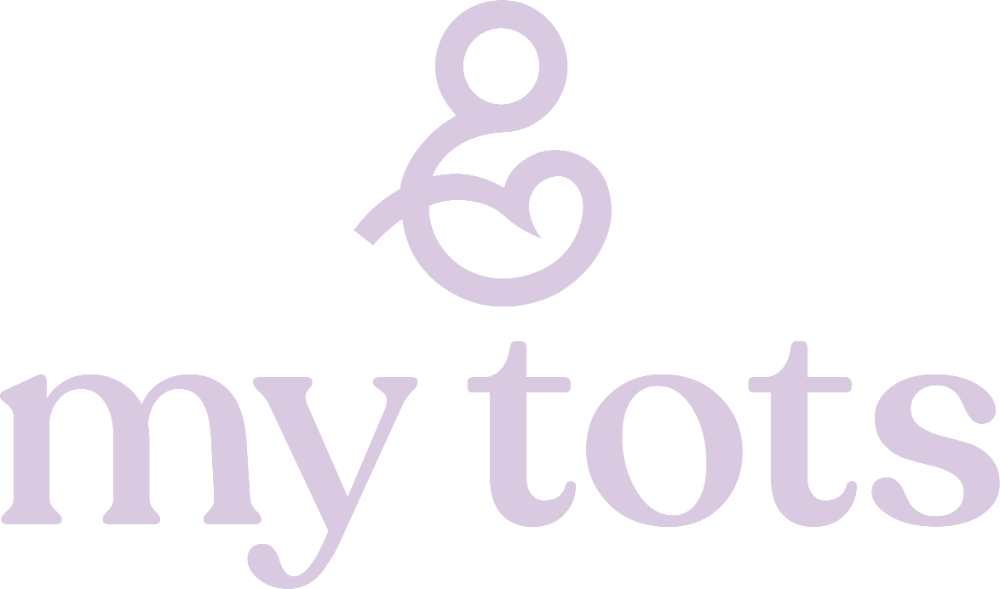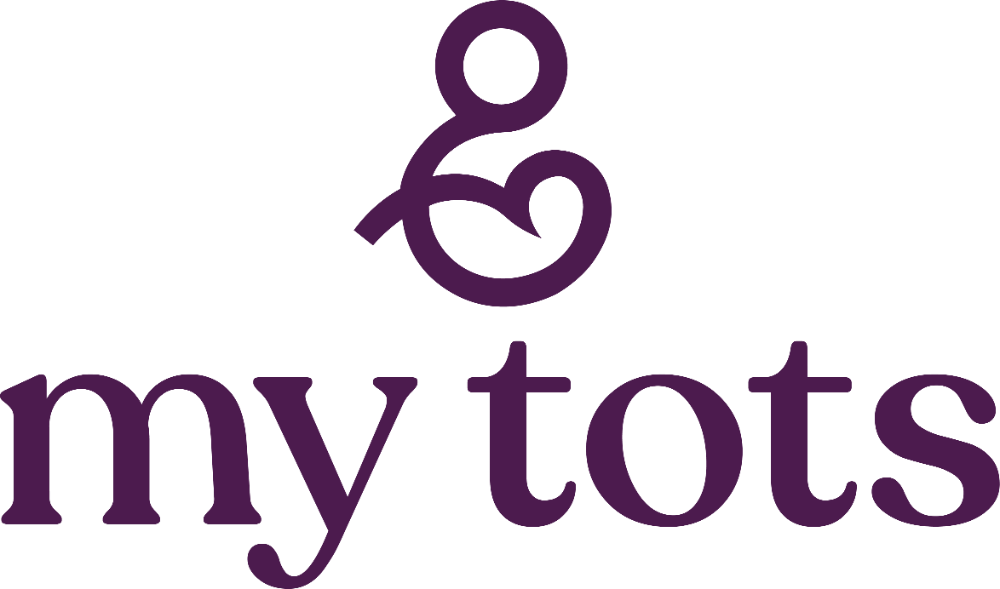Feeling Upset About Needing to Formula Feeding? You're Not Alone
Aug 03, 2025
It’s completely normal to feel a mix of emotions when it comes to feeding your baby. Whether things haven’t gone as planned, or feeding is trickier than expected, feelings like guilt, sadness, grief, shame, regret, or even the sense of being judged by others can be tough to carry. Remember: you’re not alone, and it’s okay to prioritise your own wellbeing during this time.
Find Support That Lifts You Up
Having a strong support network can make all the difference:
-
Reach out to family and friends who will listen without judgment and support your choices.
-
Connect with other parents—through parent groups or online communities—who might be feeling the same.
-
Seek guidance from healthcare professionals who respect your concerns and offer non-judgmental advice.
Keep Perspective
You’re in good company: In Australia, over half of families introduce some formula by six months, and around 40% of newborns have some formula in their first month (OzFITS 2021).
-
Your wellbeing matters: Taking care of your mental and physical health helps you care for your baby more effectively.
-
Bonding goes beyond feeding: The connection you share with your baby continues to deepen as they grow, regardless of how they are fed.
-
Step back and look at the bigger picture: As your child grows and thrives, feeding choices become just one small part of your parenting journey.
-
Formula today is safe and nutritious: In Australia, all formulas must meet strict regulations and are carefully designed to support healthy growth and development. Many healthy children and adults have started life with formula feeding.
-
You don’t owe anyone an explanation: Feeding decisions are personal. You don’t need to justify your choices to anyone.
Facing Questions With Confidence
If you’re worried about questions from others, it can help to prepare a simple, matter-of-fact response. For example:
-
“I started with breastfeeding, but we had some challenges and now we’re using formula.”
-
“I’m returning to work, so we’re transitioning to formula.”
-
“We’re mixed feeding, and it’s working well for us.”
Be Gentle With Yourself
Parenthood is demanding, and there are no perfect answers. Practice kindness, understanding, acceptance, and patience with yourself—just as you would extend to others. Everyone’s journey is different, and what matters most is the love and care you give your child.
It’s Okay to Seek Additional Support
Caring for your mental health is just as important as caring for your baby. If feelings of guilt, shame, or sadness are overwhelming or persistent, reaching out for support can make a big difference. Please check the Mental Health Support section on our homepage or speak with your healthcare professional.
Let’s all remember: parenting isn’t easy, and everyone has their own challenges. By supporting each other, we can make the journey a little kinder.
Join Our Community
✔️ Weekly MyTots™ emails with practical, expert-written feeding articles.
✔️ Extra tips and insights we found especially helpful as first-time parents.
✔️ Choose your free welcome gift download:
• Visual Contrast Cards
• 5 Most Affordable Formulas Comparison
• Baby Formula Change Tracker
• Aussie Babies’ 50 First Foods Checklist
Unsubscribe anytime. By registering, you agree to the MyTots™ Terms and Conditions.



